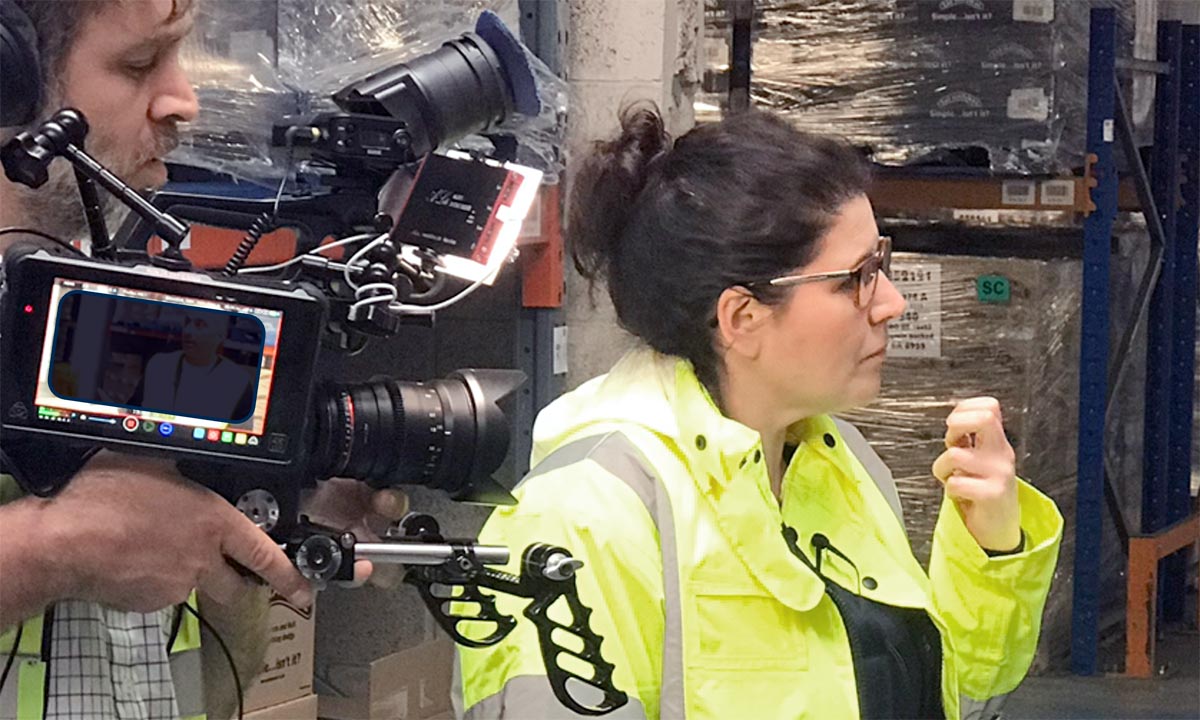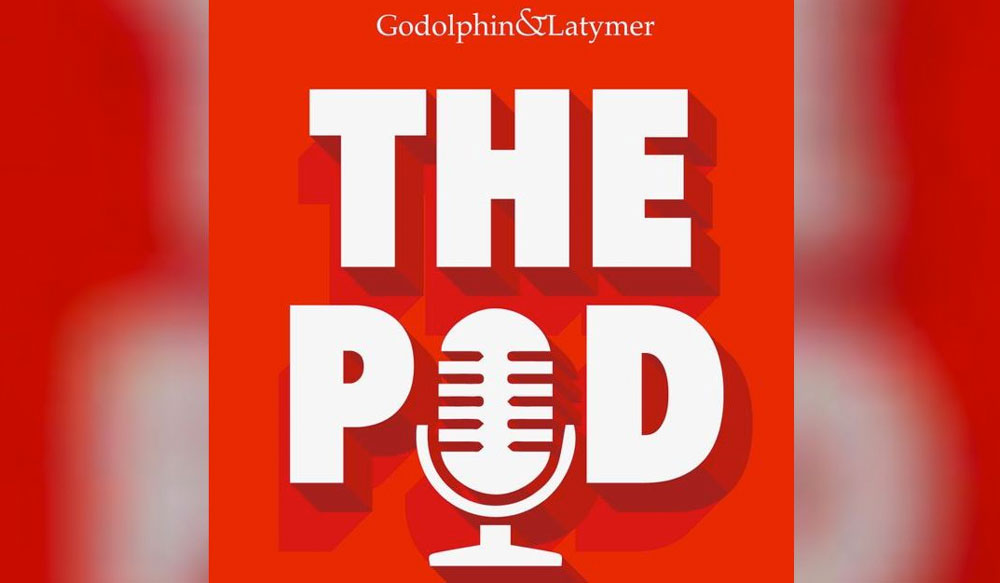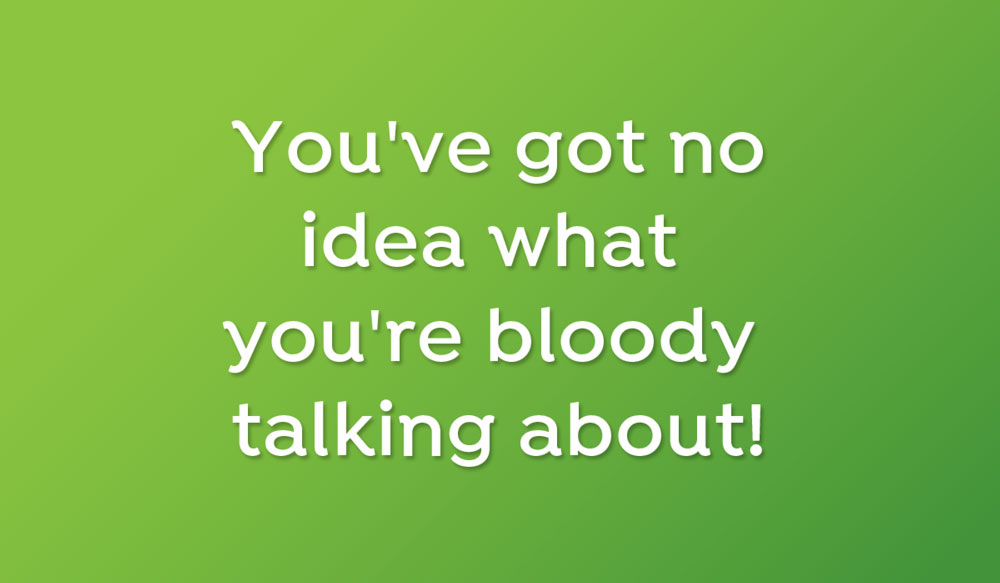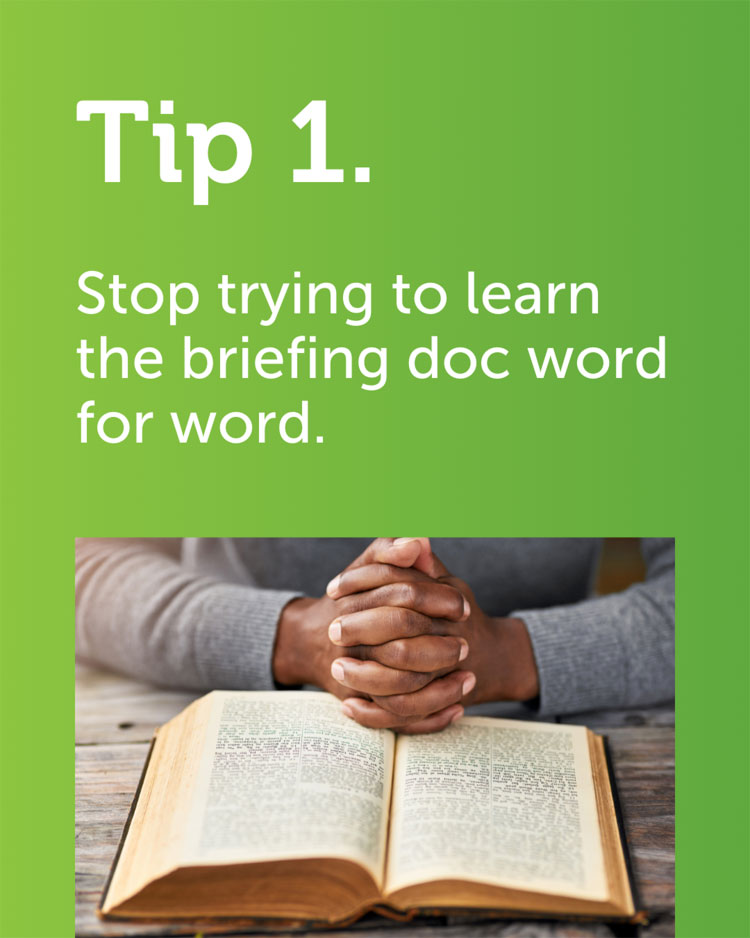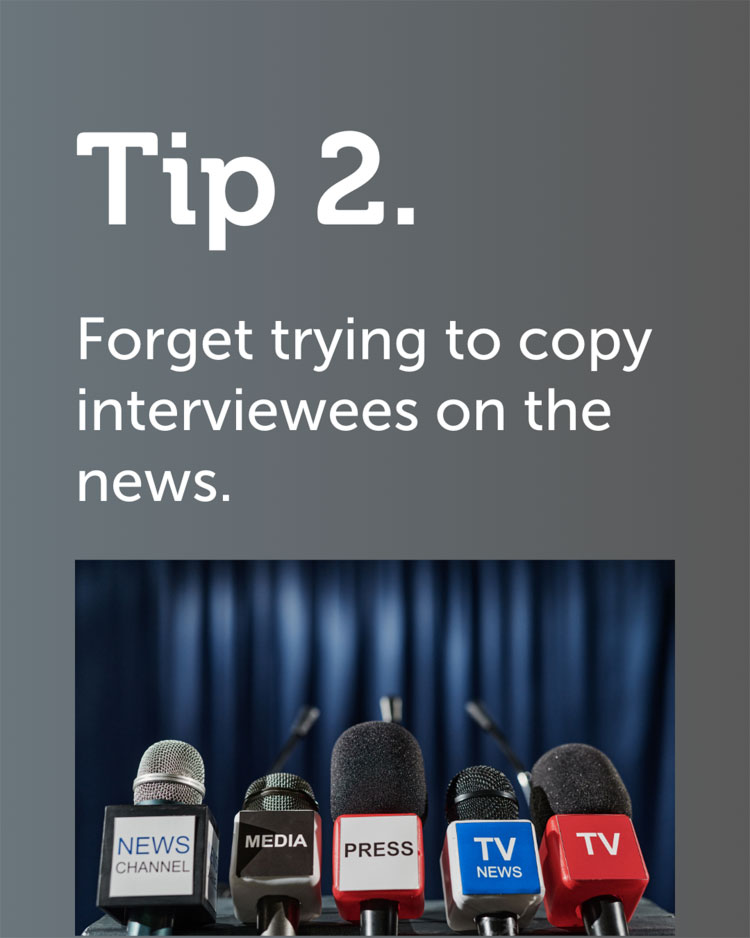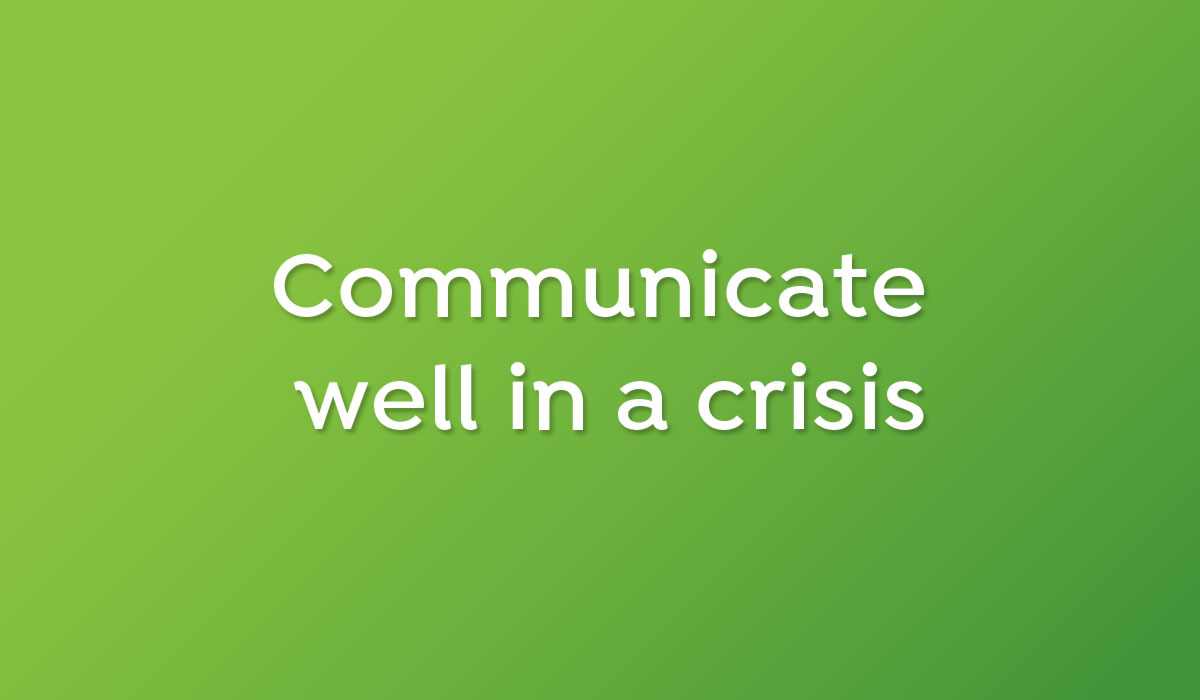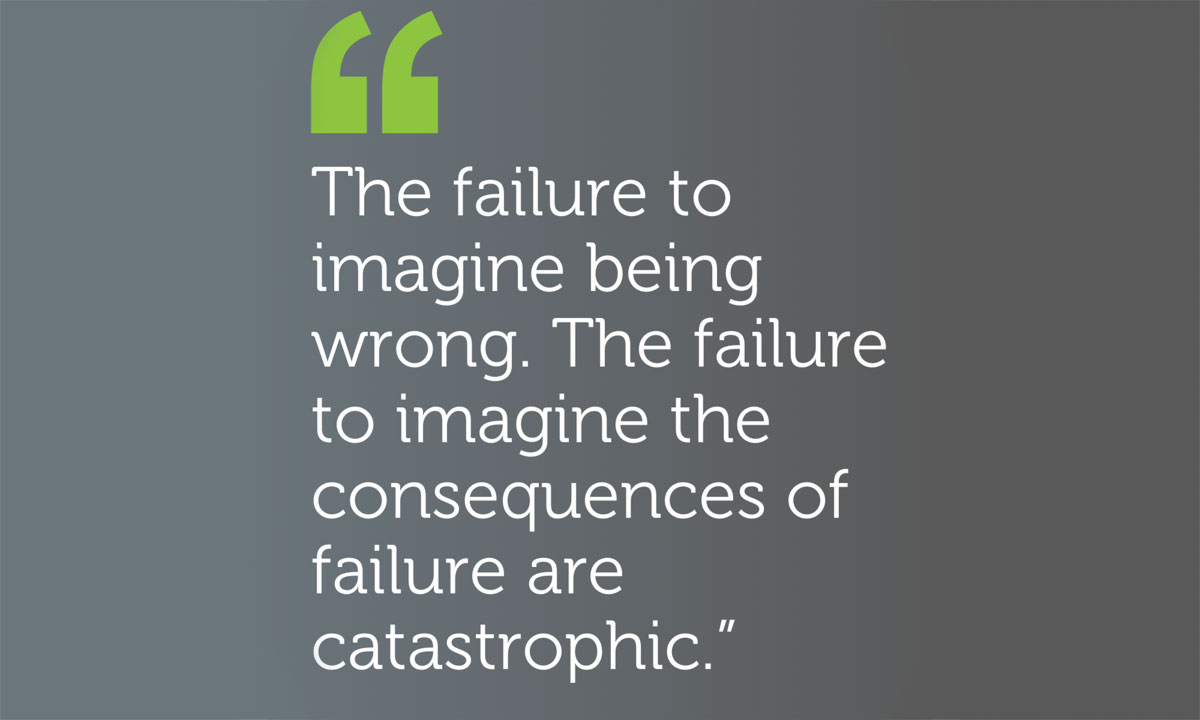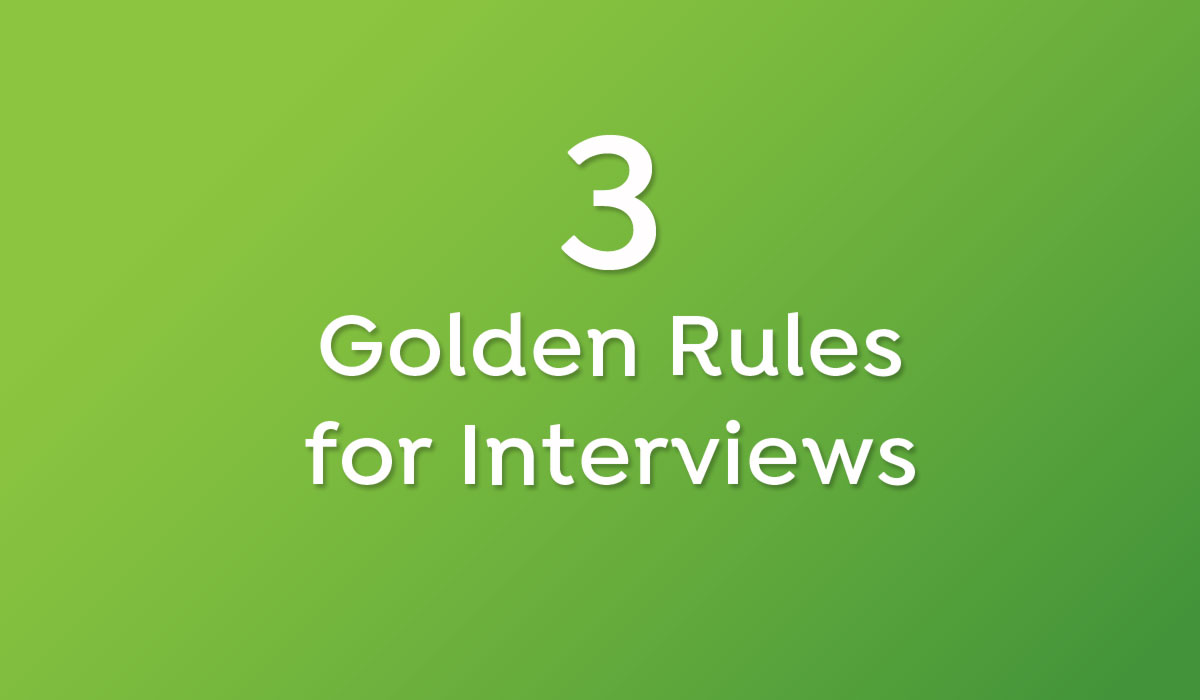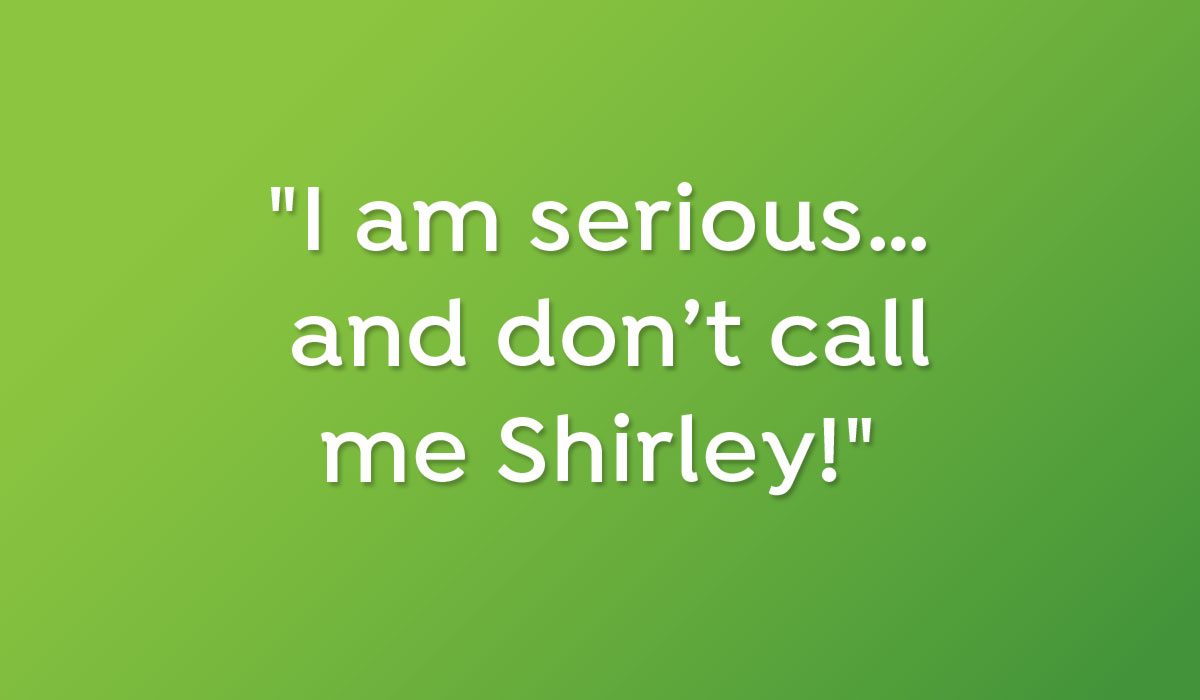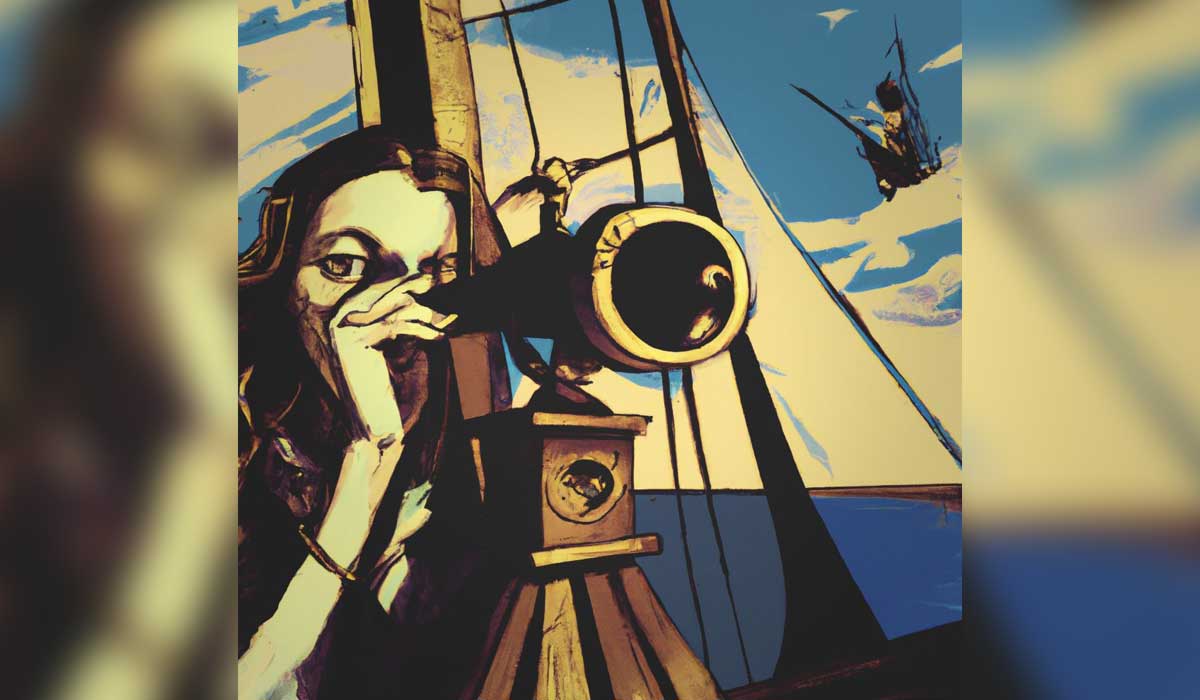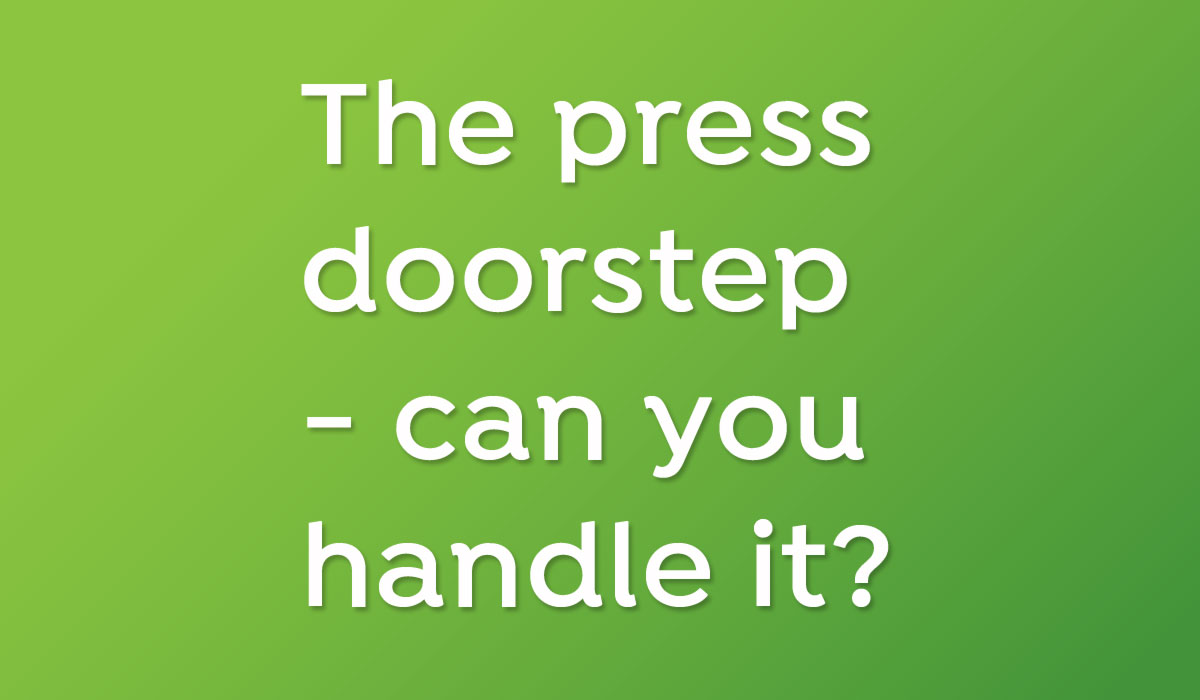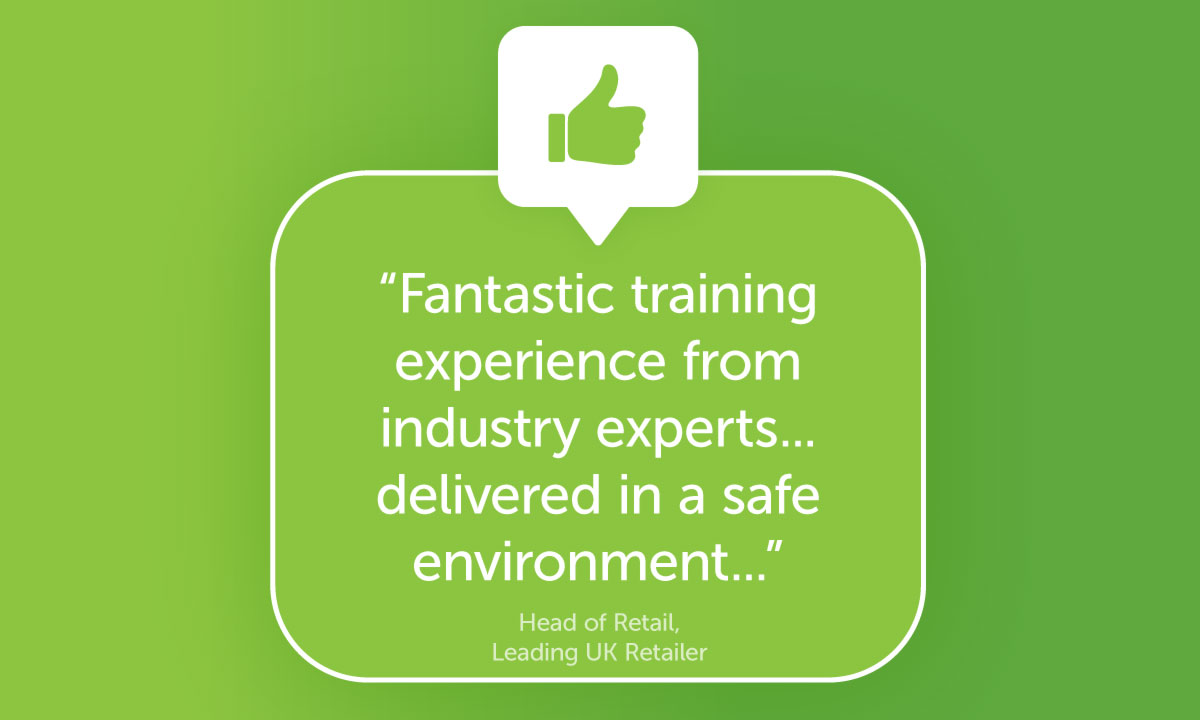Having sent undercover BBC camera teams into food businesses and having produced many programmes on failing food and production standards, we know what visiting journalists look out for on busy production lines. And the good, the bad and the ugly discoveries that can undo reputations.
But done in the right way, inviting cameras in can be a big win. Ahead of filming for BBC Inside the Factory, we visited one client’s production floor, before the crew and host Greg Wallace arrived.
Using our documentary maker’s mindset and an experienced camera operator, we spent the day filming with each team member on location giving them on camera experience and answering questions in the busy factory.
This hugely successful British snack company knew a prime-time TV slot was a huge opportunity, requiring careful prep to showcase the brand and its people. How did we help?
- Define what each person brings to the programme.
- Rehearse “on camera” skills for working with TV talent.
- Film on location & fine-tune the set up to suit each person.
As the PR and marketing lead said: “Abby and her team put everyone at ease. The thought and preparation they’d put into the session meant that we got straight on with focussing on the team and making sure they had the practice and insight they needed to speak with confidence.”
Similarly, Channel 4’s Food Unwrapped asked to film with one client in their European factory. It was not an easy decision so our client asked us to help them take their assessment to the Executive Management Team.
First we:
- provided a complete briefing on the programme, the presenters, viewing figures, audience and more
- analysed the risks vs benefit of taking part in the programme
- managed all the liaison between the client and the TV production company
Next we:
- visited the factory
- found the right members of staff to talk to the programme
- agreed key messaging
- trained everyone to give them the confidence they needed
The client was thrilled with the final result which showed their manufacturing standards, their people and their brand in very good light.
Undercover filming is a very different experience but whether positive or negative we know how to advise, support and work with clients to achieve the best outcome possible because we’ve been on both sides of the camera.


